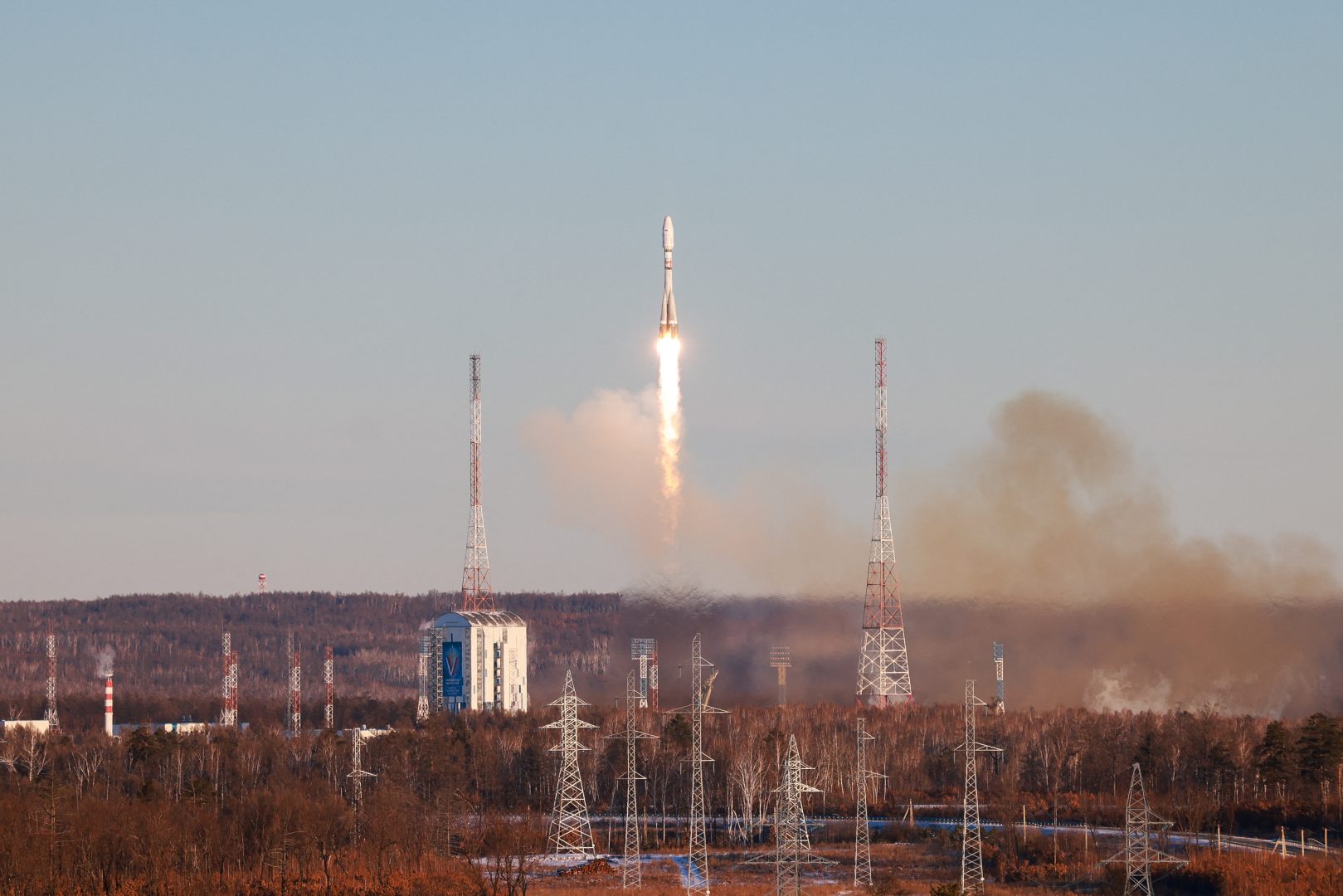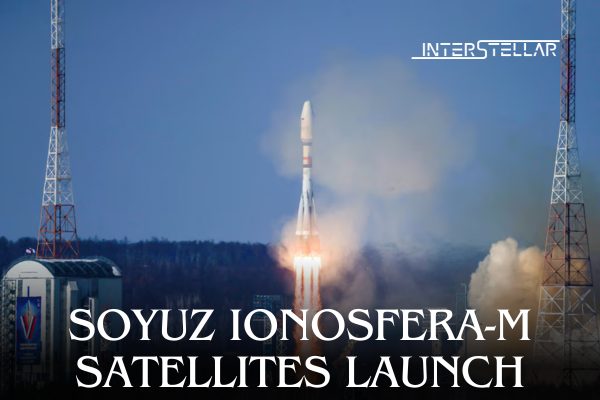Russia Launches Soyuz Rocket carrying Ionosphere-Monitoring and International Satellites
Russia launches Soyuz rocket on Tuesday, carrying a mix of ionosphere-monitoring and international satellites, including two from Iran. The rocket took off from the Vostochny Cosmodrome, located in Russia’s Far East, as confirmed by Russia’s space agency, Roscosmos.
Launch Details and Primary Mission
The Soyuz-2.1 spacecraft transported two main payloads, the Ionosfera-M satellites, which will help monitor the Earth’s ionosphere. Positioned around 820 kilometres (510 miles) above Earth, each Ionosfera-M satellite weighs 430 kilograms (948 pounds) and contributes to a planned four-satellite constellation. The ionosphere is a key layer in Earth’s atmosphere, stretching from about 80 to 644 kilometres (50 to 400 miles) above the surface, where it merges into space. This layer plays a crucial role in space weather and communication systems. Two additional Ionosfera-M satellites are expected to join the constellation in 2025.

International Collaboration in Space
Alongside the Ionosfera-M satellites, the launch included 53 smaller satellites, highlighting an international effort. Notably, the mission carried two Iranian satellites: Kowsar, a high-resolution imaging satellite, and Hodhod, a compact communications satellite. These additions reflect Iran’s ongoing interest in advancing its space-based observational and communication technologies.
First Russian-Chinese Student Satellite Launched
A significant aspect of the mission was the launch of the Russian-Chinese student satellite, Druzhba ATURK. This project aims to foster academic and technological cooperation between the two nations, allowing students to participate in and contribute to space research.
In recent months, Russia has collaborated with Iran on satellite missions. In February, a Russian rocket launched an Iranian research satellite dedicated to topographical mapping of Iran’s landscape from space, marking another milestone in the space partnership between the two countries.





